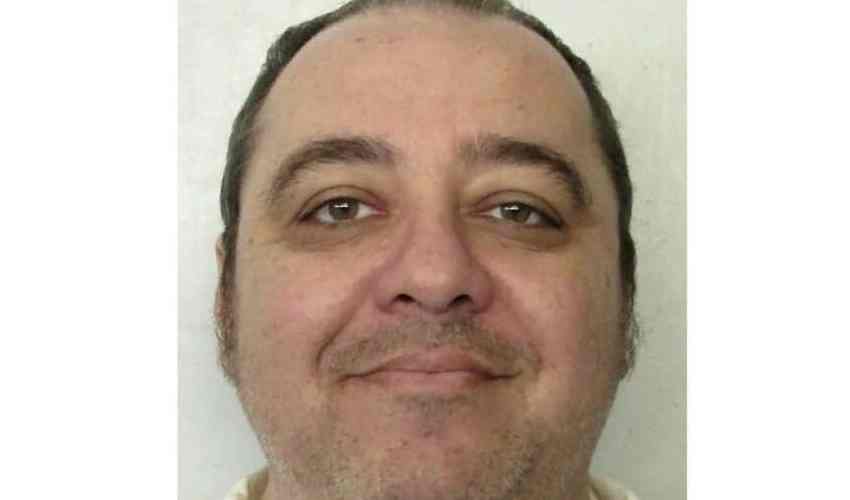A federal judge ruled on Wednesday that Alabama can proceed later this month with the first execution by nitrogen gas asphyxiation, saying that the condemned prisoner was unlikely to show the new method amounts to cruel or unusual punishment.
Kenneth Smith, convicted for a murder-for-hire committed in 1988, is scheduled to be executed in Alabama on Jan. 25 using the method, in which execution officials will bind a mask to his face connected to a cylinder of nitrogen intended to deprive him of oxygen.
U.S. states have found it increasingly difficult to obtain barbiturates used in lethal-injection execution protocols, in part because of a European ban preventing pharmaceutical companies from selling drugs to be used in executions. As a result, some states have sought to revive older methods such as firing squads, while Alabama, Mississippi and Oklahoma have introduced new gas-based protocols.
He has sued the Alabama Department of Corrections, arguing that the proposed method comes with dangerous risks, including that the mask's seal with his face might be broken allowing in oxygen, botching the execution. Such a scenario could induce a stroke or leave Smith in a permanent vegetative state, he argued.
United Nations experts warned last week that what would be the first instance anywhere in the world of an execution using inert-gas asphyxiation would likely violate an international treaty against torture and other cruel, inhuman or degrading punishment.
Judge R. Austin Huffaker of the U.S. District Court in Montgomery, Alabama, ruled against Smith, who sought an injunction halting the execution to allow his litigation to proceed.
Who is Eugene Smith?
This undated photo provided by the Alabama Department of Corrections shows inmate Kenneth Eugene Smith, who was convicted in a 1988 murder-for-hire slaying of a preacher's wife. Alabama will be allowed to put Smith to death with nitrogen gas later this month, a federal judge ruled Wednesday, Jan. 10, 2024, clearing the way for what would be the nation’s first execution under a new method the inmate’s lawyers criticize as cruel and experimental. (Alabama Department of Corrections via AP, File)

























